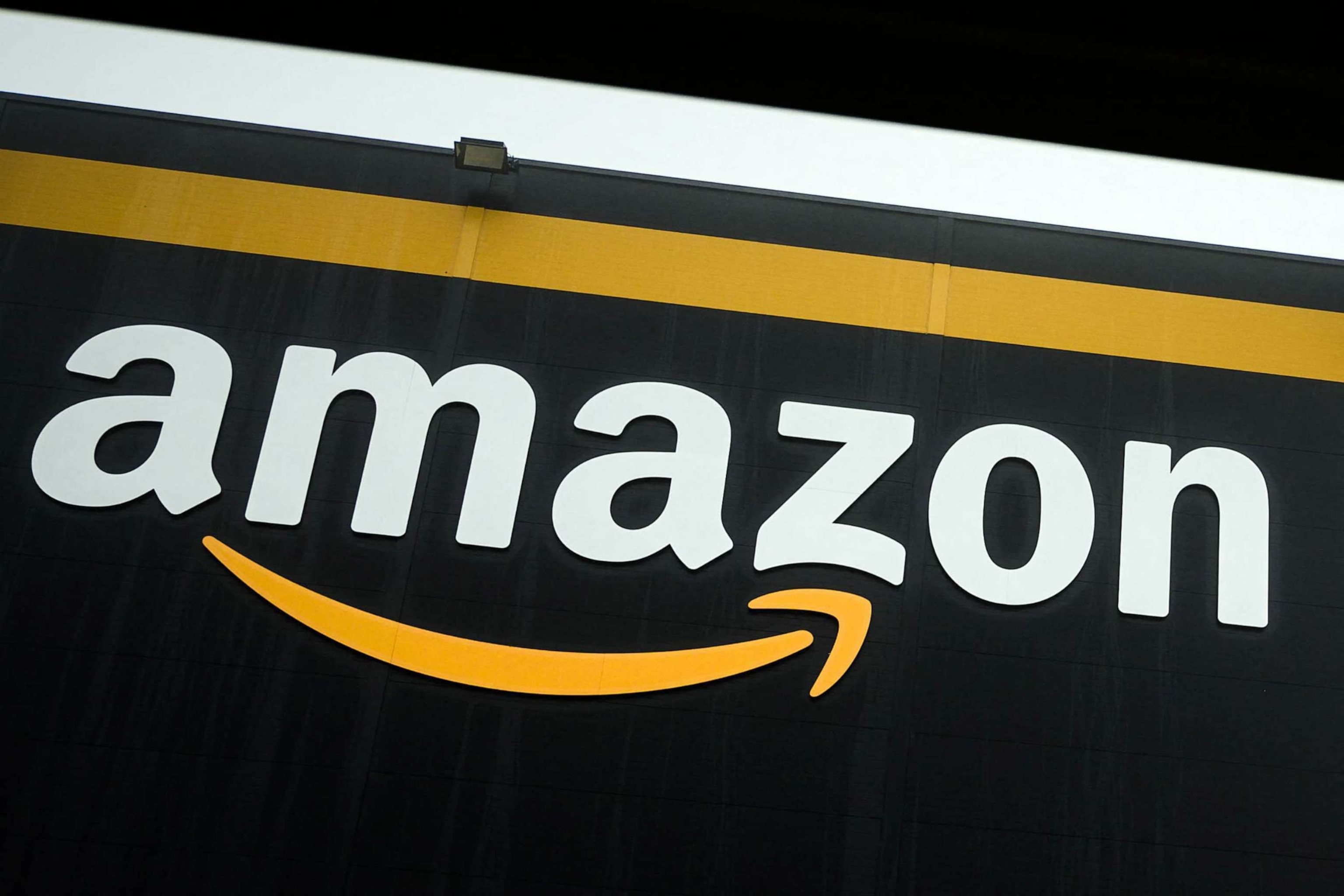The Federal Trade Commission (FTC) and 17 state attorneys general have filed a lawsuit against Amazon, alleging that the online retail giant is illegally maintaining a monopoly. According to FTC Chair Lina Khan, the complaint outlines how Amazon has employed punitive and coercive tactics to unlawfully preserve its monopolistic position.
The complaint goes into detail, citing allegations of how Amazon is currently leveraging its monopoly power to benefit itself while simultaneously increasing prices and reducing service quality for the millions of American families who use its platform and the hundreds of thousands of businesses that depend on Amazon to reach their customers. This lawsuit aims to hold Amazon accountable for these alleged monopolistic practices and restore free and fair competition principles.
The FTC has initiated legal action by filing a lawsuit in the US District Court for the Western District of Washington. According to the FTC’s official statement, they aim to secure a permanent injunction in federal court, prohibiting Amazon from participating in illegal activities and loosening the grip of Amazon’s monopoly to restore a competitive market.
Alleged Anticompetitive Practices by Amazon
The lawsuit seeks declarations that Amazon’s behavior violates federal and state laws. It requests an injunction to halt the mentioned conduct, accompanied by unspecified “structural relief” deemed essential to address and prevent Amazon’s breaches of the law. This structural relief could potentially involve actions such as breaking up the company.

In addition to the FTC, several states have joined the lawsuit, including Connecticut, Delaware, Maine, Maryland, Massachusetts, Michigan, Minnesota, New Jersey, New Hampshire, New Mexico, Nevada, New York, Oklahoma, Oregon, Pennsylvania, Rhode Island, and Wisconsin.
The legal action had been anticipated for many months and was often dubbed “the big one,” representing a significant lawsuit subsequent to numerous prior FTC grievances directed at Amazon. The FTC claimed that Amazon’s anticompetitive actions were prevalent in two sectors—the online superstore market catering to consumers and the market for online marketplace services utilized by vendors. The FTC outlined Amazon’s purported monopolistic strategies in the following manner:
- Anti-discounting measures that punish sellers and deter other online retailers from offering prices lower than Amazon, keeping prices higher for products across the Internet. For example, if Amazon discovers that a seller is offering lower-priced goods elsewhere, Amazon can bury discounting sellers so far down in Amazon’s search results that they become effectively invisible.
- Conditioning sellers’ ability to obtain “Prime” eligibility for their products—a virtual necessity for doing business on Amazon—on sellers using Amazon’s costly fulfillment service, which has made it substantially more expensive for sellers on Amazon to also offer their products on other platforms. This unlawful coercion has in turn limited competitors’ ability to effectively compete against Amazon.
Amazon’s FTC Controversies: Allegations and Response
The FTC has contended that Amazon engages in unlawful, exclusionary behavior that hinders competitors from establishing a presence. The commission asserts that Amazon levies substantial monopoly fees, sometimes approaching 50% of sellers’ total revenues, adversely affecting both sellers and consumers who experience inflated prices for a multitude of products sold on or off the platform.
Furthermore, the FTC accuses Amazon of harming consumers by manipulating search results, replacing genuine, organic outcomes with paid advertisements, and prioritizing Amazon’s own products in search listings, even if they are of inferior quality.
In response to these allegations, Amazon’s Global Public Policy & General Counsel, David Zapolsky, argues that the challenged practices have actually encouraged competition and innovation within the retail sector. He asserts that these practices have led to an enhanced variety of products, reduced prices, and faster delivery for Amazon customers, as well as increased opportunities for businesses operating within Amazon’s marketplace. Zapolsky suggests that the FTC’s desired course of action could result in fewer product options, elevated prices, delayed deliveries, and limited choices for small businesses—contrary to the intended objectives of antitrust law.
In a prior lawsuit filed in June, the FTC accused Amazon of breaching US law by misleading consumers into subscribing to the $14.99-per-month Amazon Prime service and making subscription cancellations unnecessarily challenging.
The FTC had also initiated legal action relating to privacy concerns, one involving Alexa voice recordings from children and another concerning Amazon’s Ring division’s invasion of user privacy, allowing numerous employees and contractors to view video recordings of customers’ private spaces. Amazon agreed to settle both cases, agreeing to pay fines and implement changes to privacy protocols.
The post FTC Fires ‘The Big One’: Accuses Amazon of Illegally Maintaining Monopoly appeared first on TechStory.







0 comments:
Post a Comment